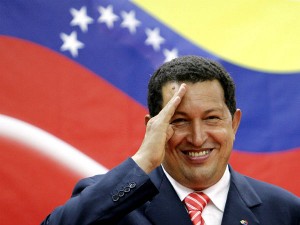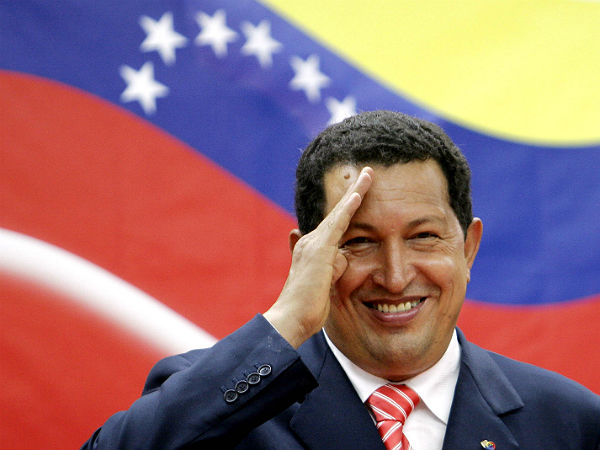
 Venezuelan finance minister Nelson Merentes has commented on the country’s late President Hugo Chavez’s economic policies, claiming that the leader had ‘improved’ the quality of life of Venezuelans but had ‘yet to succeed’ in fixing its economy.
Venezuelan finance minister Nelson Merentes has commented on the country’s late President Hugo Chavez’s economic policies, claiming that the leader had ‘improved’ the quality of life of Venezuelans but had ‘yet to succeed’ in fixing its economy.
Known for his frequent ideological clashes with Western leadership, Chavez pushed an economic policy on Venezuela that offered large subsidies to national interests in order to increase growth, yet resulted in massive inflation or everyday Venezuelans.
Venezuela currently has the highest inflation rate in Latin America, with consumers facing declining purchasing power with every election. The country’s oil wealth has been a major driver of growth, often at the expense of other parts of the economy.
Nelson Merentes contended that the government has ‘unpaid debt’ with many of the people that voted it into power, despite improving the living standards of everyday Venezuelans through a large-scale campaign to reduce poverty.
Chavez’s economic policy involved nationalising important industries such as the country’s large oil and energy sector. Economists claim that the oil industry is less efficient now that it’s owned and operated by the state.
Many have also pointed to the country’s poorly managed public investment funds as a leading cause of sluggish economic performance. Venezuela has suffered due to an extreme shortage of basic resources over the past decade of economic policy.
The finance minister has called for a change in policy to encourage growth and stop inflation from affecting everyday Venezuelans. He noted that the government, which has won 18 elections during its leadership, is ‘yet to be successful on the economy.’
He noted the need for Venezuela’s economy to grow evenly, with industries other than oil and energy contributing to the economy. The finance minister claims that the country needs to enter a period of ‘stable growth’ for a successful future.





